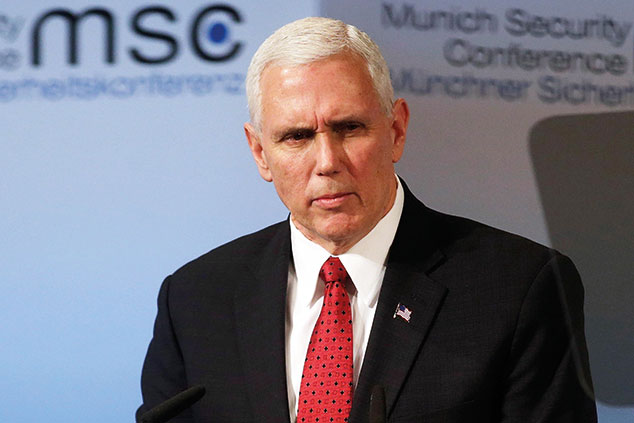
A combative Angela Merkel was “blunt” about US unilateralism, Washington’s efforts to isolate Iran, the US withdrawal from Syria and Afghanistan, and Trump’s protectionist policies. For his part, Vice-President Mike Pence didn’t “waver” from the America First policy, castigating Europeans for not withdrawing from the Iran nuclear deal and instructing them to bar China’s Huawei from the 5G market.
The “most immediate danger” of this rift is that it is exploited by Russia and China, say Steven Erlanger and Katrin Bennhold in The New York Times. In a show of solidarity, more than 50 US lawmakers – a record number – attended the conference.
However, a growing number of Europeans warn that geopolitical forces run deeper than a temporary Trump presidency and believe Europe needs to become less reliant on the US. Ideally, Europe should be able to stand up for itself, agrees Leonid Bershidsky on Bloomberg, but it remains a “long way” from economic and military independence.
In this context, Merkel’s unilateral decision to press ahead with Nordstream 2 is worrying, says The Economist. Putin’s new gas pipeline will make gas cheaper for German consumers, but it could make Ukraine, Poland and the Baltic states less secure (it will bypass Ukraine and Poland, depriving them of transit fees and allowing Russia to cut off their gas without affecting Germany).
It also gives Russia a bigger stick with which to threaten Europe and drives a deeper wedge between Europe and the US, which has long-opposed the pipeline. To Putin, “causing so much trouble for a mere $11bn must seem like a bargain. For Europe, it is a trap.”